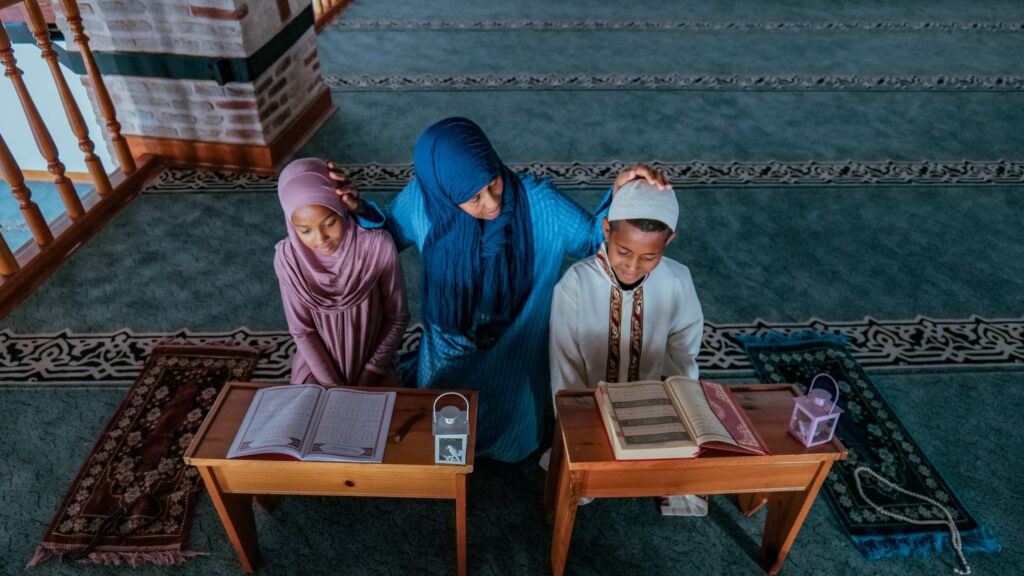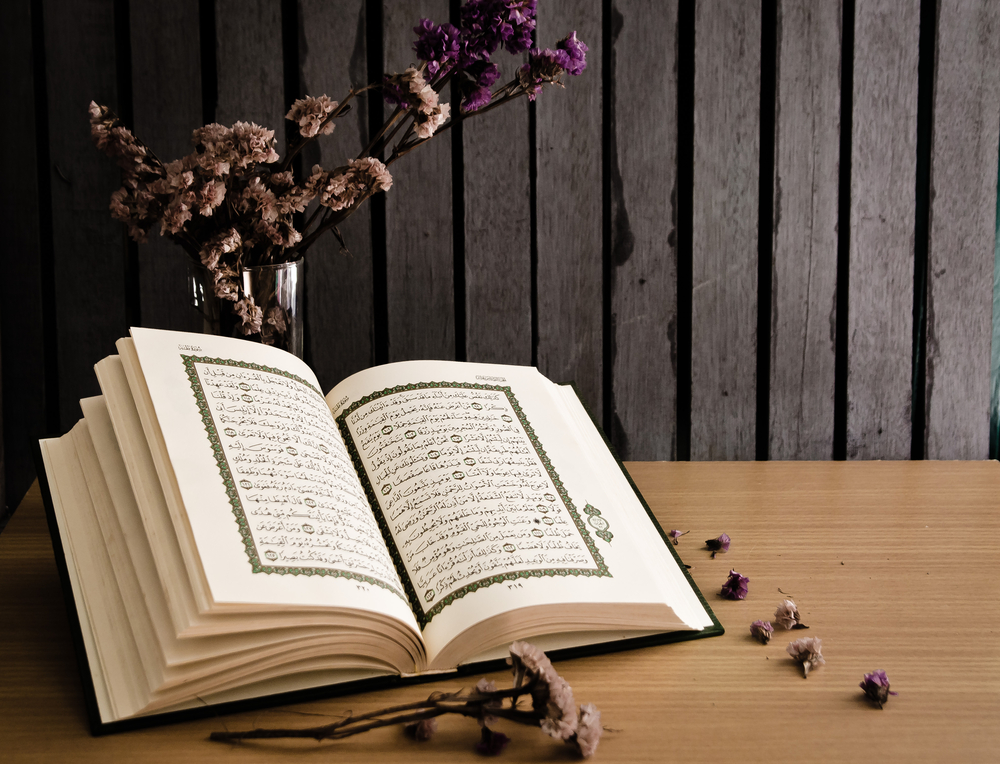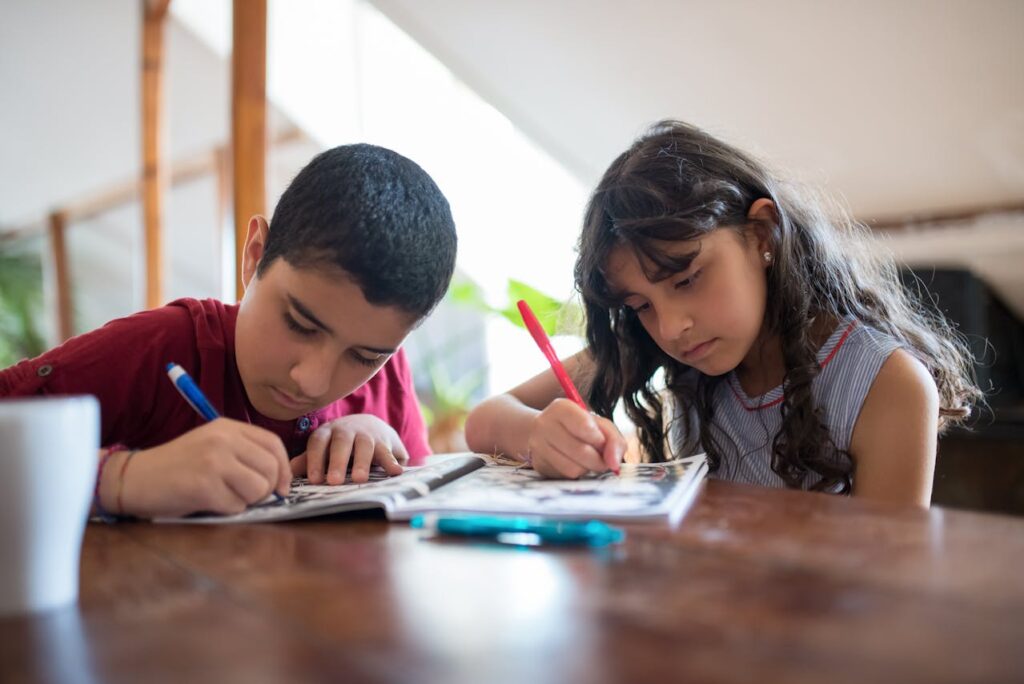
Table of Contents
ToggleIslam’s Care for the Family: The Cornerstone of Society Building
The family is the fundamental building block of societies, the first cradle for individuals, where they receive their initial upbringing, develop their awareness, and shape their personalities. Islam has paid great attention to the family, establishing firm principles and rules to ensure its stability and happiness, out of its belief in the family’s essential role in building both the individual and society.
The Importance of the Family in Islam:
The family as a social unit: The family is the basic unit of society, connecting individuals and establishing social relationships. Allah Almighty says: “يَا أَيُّهَا النَّاسُ إِنَّا خَلَقْنَاكُم مِّن ذَكَرٍ وَأُنثَىٰ وَجَعَلْنَاكُمْ شُعُوبًا وَقَبَائِلَ لِتَعَارَفُوا ۚ إِنَّ أَكْرَمَكُمْ عِندَ اللَّهِ أَتْقَاكُمْ” (Al-Hujurat: 13).
The family as the school of life: The family is the first school where an individual learns values, ethics, and forms their personality and habits. The Prophet ﷺ said: *”ما نحل والد ولده من نحل أفضل من أدب حسن”* (Narrated by Al-Tirmidhi).
The family as the fortress of society: The family is the fortress that protects society from deviation and corruption. It is responsible for raising righteous generations. The Prophet ﷺ said: “كلُّكم راعٍ وكلُّكم مسؤولٌ عن رعيتِه” (Narrated by Al-Bukhari and Muslim).
Islam’s Care for the Family:
Islam came to perfect noble morals and to bring happiness to humanity in this world and the hereafter. It gave special attention to the family through:
Setting conditions for marriage: Islam established conditions for marriage to ensure family stability and to protect the rights of both spouses and their children. Allah says: “وَمِنْ آيَاتِهِ أَنْ خَلَقَ لَكُم مِّنْ أَنفُسِكُمْ أَزْوَاجًا لِتَسْكُنُوا إِلَيْهَا وَجَعَلَ بَيْنَكُم مَّوَدَّةً وَرَحْمَةً” (Al-Rum: 21).
Rights of spouses: Islam has defined the rights of both spouses and established duties each has toward the other. The Prophet ﷺ said: “خيركم خيركم لأهله، وأنا خيركم لأهلي” (Narrated by Al-Tirmidhi).
Children’s rights: Islam emphasized children’s rights, making their care and upbringing one of the parents’ foremost duties. The Prophet ﷺ said: “كلكم راعٍ وكلُّكم مسؤولٌ عن رعيتِه” (Narrated by Al-Bukhari and Muslim).
Family ties: Islam encourages the strengthening of family bonds, maintaining kinship, and honoring parents. Allah says: “وَاعْبُدُوا اللَّهَ وَلَا تُشْرِكُوا بِهِ شَيْئًا وَبِالْوَالِدَيْنِ إِحْسَانًا” (Al-Nisa: 36).
Islamic upbringing: Islam emphasizes the importance of raising children with Islamic values and instilling good morals and ethics in them. The Prophet ﷺ said: “مروا أولادكم بالصلاة وهم أبناء سبع سنين، واضربوهم عليها وهم أبناء عشر، وفرقوا بينهم في المضاجع” (Narrated by Abu Dawood).
Pillars of the Muslim Family:
The Muslim family consists of the father, mother, and children, each having their roles and responsibilities. It is built upon:
The father: He is the guardian of the family, responsible for providing for their material and spiritual needs and raising them on Islamic values and ethics. Allah says: “الرِّجَالُ قَوَّامُونَ عَلَى النِّسَاءِ” (Al-Nisa: 34).
The mother: She is the homemaker, responsible for raising the children and managing household affairs. The Prophet ﷺ said: “والمرأة راعية في بيت زوجها ومسؤولة عن رعيتها” (Narrated by Al-Bukhari and Muslim).
The children: They are obligated to honor their parents, obey them, and strive for knowledge and good deeds. Allah says: *”وَقَضَى رَبُّكَ أَلَّا تَعْبُدُوا إِلَّا إِيَّاهُ وَبِالْوَالِدَيْنِ إِحْسَانًا”* (Al-Isra: 23).
Reasons for the Stability of the Muslim Family:
Cooperation and solidarity: Spouses must cooperate and work together in building their family and sharing responsibilities. Allah says: “وَتَعَاوَنُوا عَلَى الْبِرِّ وَالتَّقْوَىٰ” (Al-Ma’idah: 2).
Love and mercy: Love and mercy should prevail between spouses and children, with mutual respect and kindness in their dealings. Allah says: “وَجَعَلَ بَيْنَكُم مَّوَدَّةً وَرَحْمَةً” (Al-Rum: 21).
Patience and forgiveness: Spouses should be patient with each other and forgive mistakes. The Prophet ﷺ said: “لا يفرك مؤمن مؤمنة؛ إن كره منها خلقا رضي منها آخر” (Narrated by Muslim).
Continuous communication: Spouses must maintain ongoing communication and solve problems through dialogue and understanding.
Religious upbringing: Parents must raise their children with Islamic teachings and instill good values and morals. The Prophet ﷺ said: *”أدبوا أولادكم على ثلاث خصال: حب نبيكم، وحب أهل بيته، وقراءة القرآن”* (Narrated by Al-Bayhaqi).
Conclusion:
The family is the foundation of society, shaping the individual’s personality and influencing their behavior and actions. Therefore, Islam’s attention to the family stems from its belief in the family’s crucial role in building a strong and cohesive Muslim society. Allah says: *”يَا أَيُّهَا الَّذِينَ آمَنُوا قُوا أَنْفُسَكُمْ وَأَهْلِيكُمْ نَارًا”* (Al-Tahrim: 6).
Categories: Family, Islam, Marriage, Upbringing, Values, Society, Father, Mother, Children.




